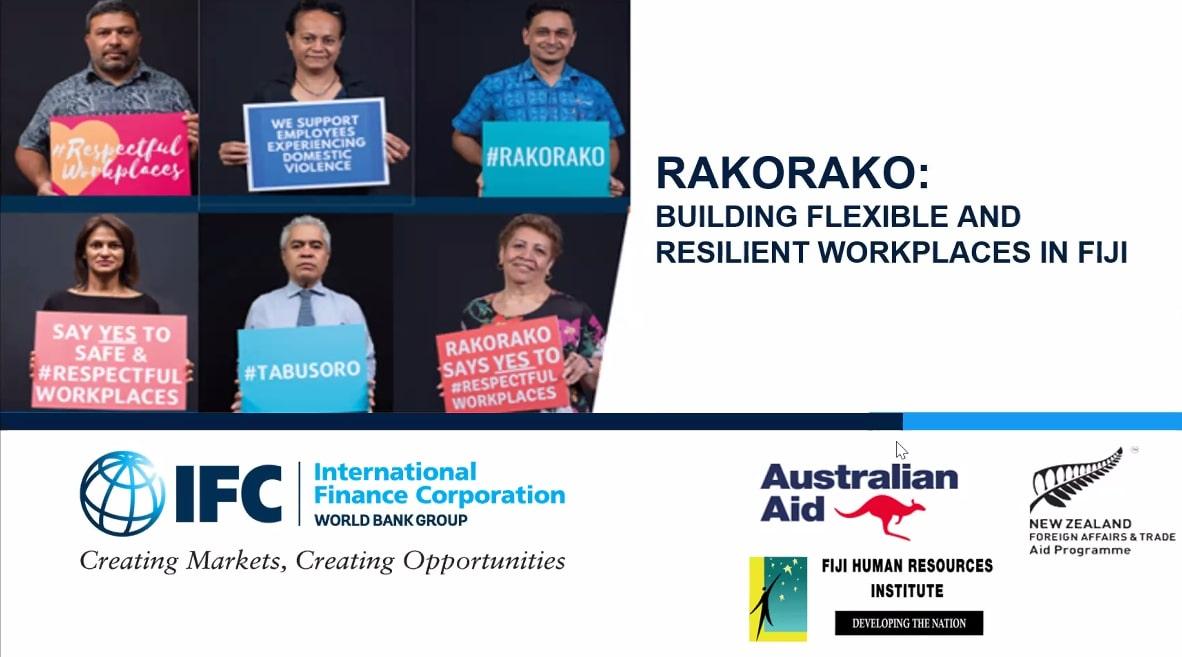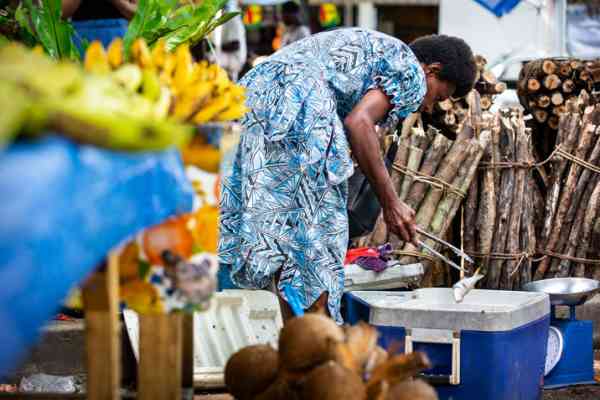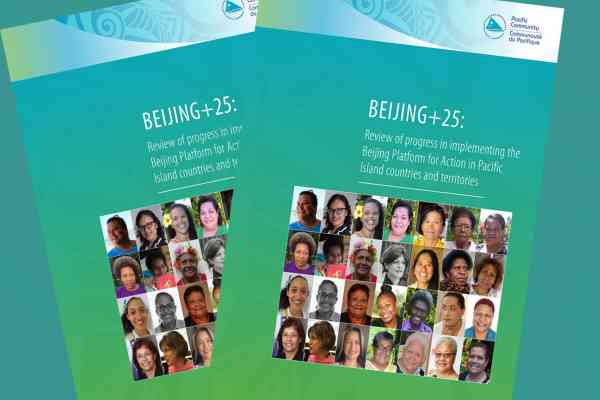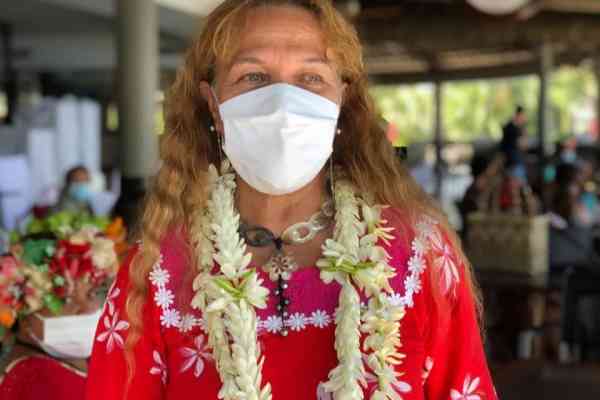Twenty-five companies who were surveyed as part of the International Finance Corporations (IFC) webinar series found that employee childcare and workplace responses to domestic and sexual violence were two major issues affecting employees’ productivity at workplaces in Fiji.
The survey also found that 93 per cent of the businesses have been negatively affected by COVID-19, forcing some companies to send staff on leave and implement home-based work.
As an outcome initiative, the webinar series “Rakorako: Building flexible and resilient workplaces” was created by IFC in partnership with the Fiji Human Rights Institute in order to showcase good practices in managing the impact of the pandemic and natural disasters.
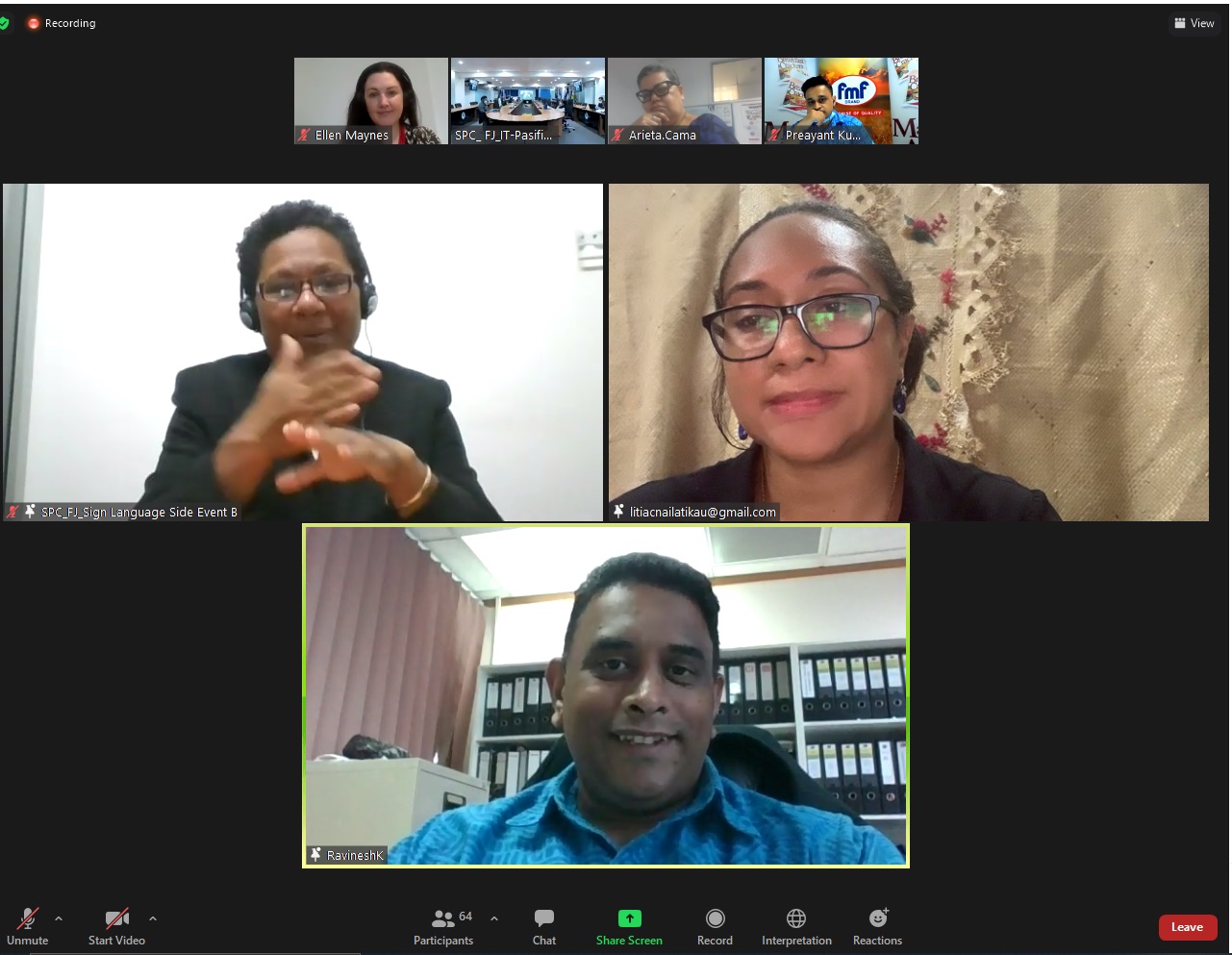 Speaking at a side event prior to the 14th Triennial Conference of Pacific Women, Fiji National Provident Fund General Manager, Ravinesh Krishna, shared how the company has benefited from participating in this initiative.
Speaking at a side event prior to the 14th Triennial Conference of Pacific Women, Fiji National Provident Fund General Manager, Ravinesh Krishna, shared how the company has benefited from participating in this initiative.
“One thing the survey did was get us talking about social issues. Everybody was not prepared with those topics such as domestic violence and sexual violence, because everybody talked about workplace harassment and workplace sexual violence, but no one concentrated on the domestic side of things,” Krishna said.
He highlighted that there were issues of childcare too. Staff that were living far away came very early to the office, so they had to bring their children with them.
“They (children) would sleep in the cars, and they would even have breakfast in the morning with them (staff) because they have no option due to the situation they're going through,” he added.
Krishna says since the survey, FNPF has been identifying measures and looking at ways to implement it.
“We have implemented flexi work policies and remote work in which staff can choose their time slot for work that is convenient to them. We have also appointed an in-house counsellor who is qualified, and he has been handling a lot of cases that never came to us, or that people ever thought that we will be comfortable to discuss. This has seen a lot of light and has built a lot of confidence and trust within the staff,” he said.
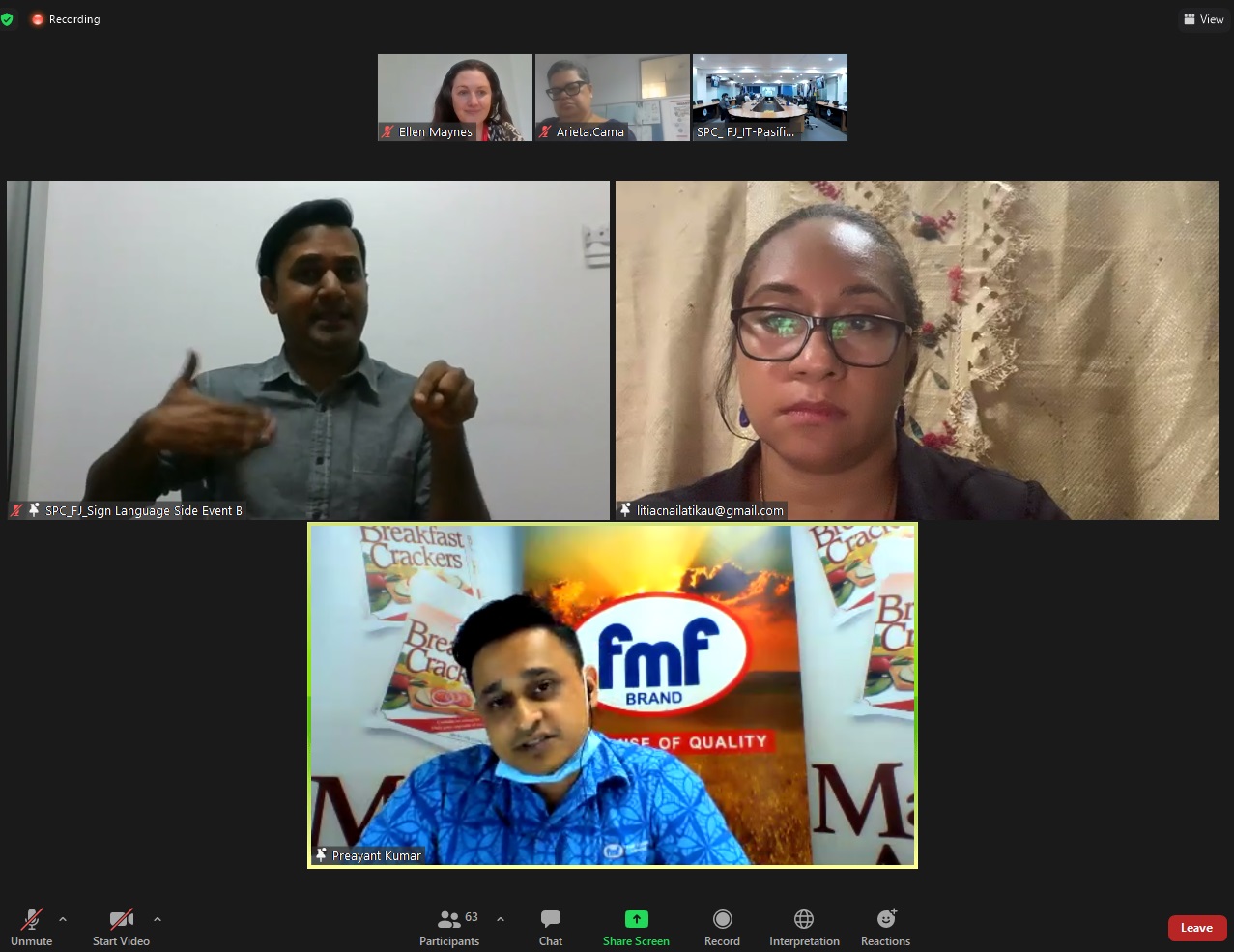 Group Human Resources Manager from the Flour Mills of Fiji Biscuit Company, Preayanth Kumar highlighted that the Rakorako initiative enabled the human resources section to understand what a respectful workplace should be like.
Group Human Resources Manager from the Flour Mills of Fiji Biscuit Company, Preayanth Kumar highlighted that the Rakorako initiative enabled the human resources section to understand what a respectful workplace should be like.
Kumar said one of the most effective ways the organisation was able to engage with staff and create an understanding between the employer and employee was to engage them in open communication and honest conversation.
“During the lockdowns, this helped us to identify a lot of our staff members, women especially, who were facing domestic violence as they were staying home and becoming victims, so we had to very quickly engage in support services for them,” he added.
The initiative offers consultation with staff, developing policies, redesigning rosters, and improving communication with employees and management.
The presentation on the Rakorako IFC initiative was one of side events held in the margins of the 14th Triennial Conference of Pacific Women drawing more than 1000 delegates across the Pacific through a combination of in person and virtual discussions.
